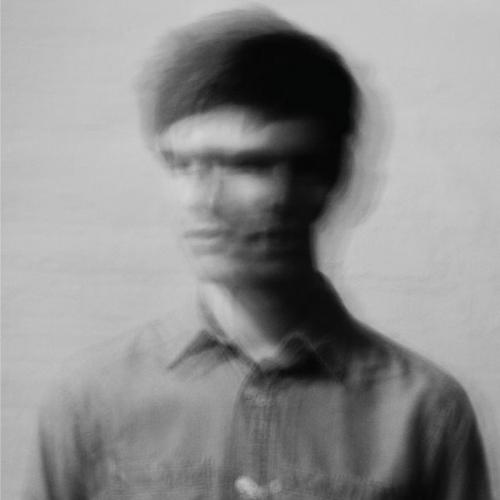Lady Gaga introduced herself to the world by admitting that “I’ve had a little bit too much/ All of the people start to rush.” It’s a timeworn image: tipsy reveler in the middle of a throbbing mass of ravers, the dance floor quivering under the force of a heavy bass line. But “Just Dance” is much too slick and polished to truly capture the feeling Gaga describes; with pipes like hers, it certainly doesn’t sound like she’s had “too much” at all.
James Blake’s Klavierwerke, on the other hand, is exactly what it sounds like when you’re too drunk to dance. It’s four tracks and sixteen minutes of woozy dubstep that stretches like silly putty in Blake’s capable hands. As on his previous releases, the young London-based producer here toys with vocal samples, speeding them up and slowing them down and cranking the pitch in every direction. But if CMYK was Blake’s paean to late-’90s R&B (as the Kelis, Aaliyah, and Brandy samples suggested), then Klavierwerke comes across as more of an experiment: how elastic are the signifiers of typical dance music?
The title track, for instance, sees a haunting chorus of sped up vocal samples lumber across syncopated hand claps and snaps, isolated hi-hats, and a faint repeating piano chord (D minor) that all build toward a delirious climax, roaring with Blake’s trademark meticulous cacophony. A reverbed beat signals the slow-burning outro, pulsing like a heart beat. Everything is just a bit muffled, slightly distant, blurry and shadowy: the hungover memory of a drunken night.
“Tell Her Safe” starts with a calm vocal sample before breaking out an Aphex Twin-like shimmy of a beat that gallops past an organ’s meandering melody. The contrast between the almost angelic instrumentation (said organ, with help from a heavily-processed piano) and the frenetic rhythm is striking and mesmerizing. The song—and the EP as a whole—echoes the fragile intensity of Drukqs, continuing that album’s mission of finding the moments of quiet beauty in a tangle of techno sounds and singling them out. For Richard James, these moments play out in quick tracks like “Avril 14th,” and I hear a lot of that in Blake’s piano-driven introspection. “Don’t You Think I Do,” the EP’s closing track, sounds sort of like Aphex Twin on Soul Ttrain.
“I Only Know (What I Know Now)” most closely recalls Blake’s earlier work, what with its breathless vocal sampling and bursts of melody. His voice goes from helium-pitched to creepily low and back again in a matter of milliseconds, but it never overwhelms the listener; the halfway point of the track is a lesson in minimalism, a sudden silence interrupted only by his voice. And as the song winds to a washed-out close, I can’t help but admire details like the pretty stabs of piano that make Blake’s work so enjoyable.
These details take time to appear to the listener; a cursory first or second listen won’t reveal much more than a mess of synth sounds. But it’s worth your time to give these four songs your attention; above all else, they reveal an artist carefully filling the cracks that too many dubstep producers leave behind. You might not be able to dance to these songs, but it’s clear that James Blake is a master craftsman of rhythm and discordance.


